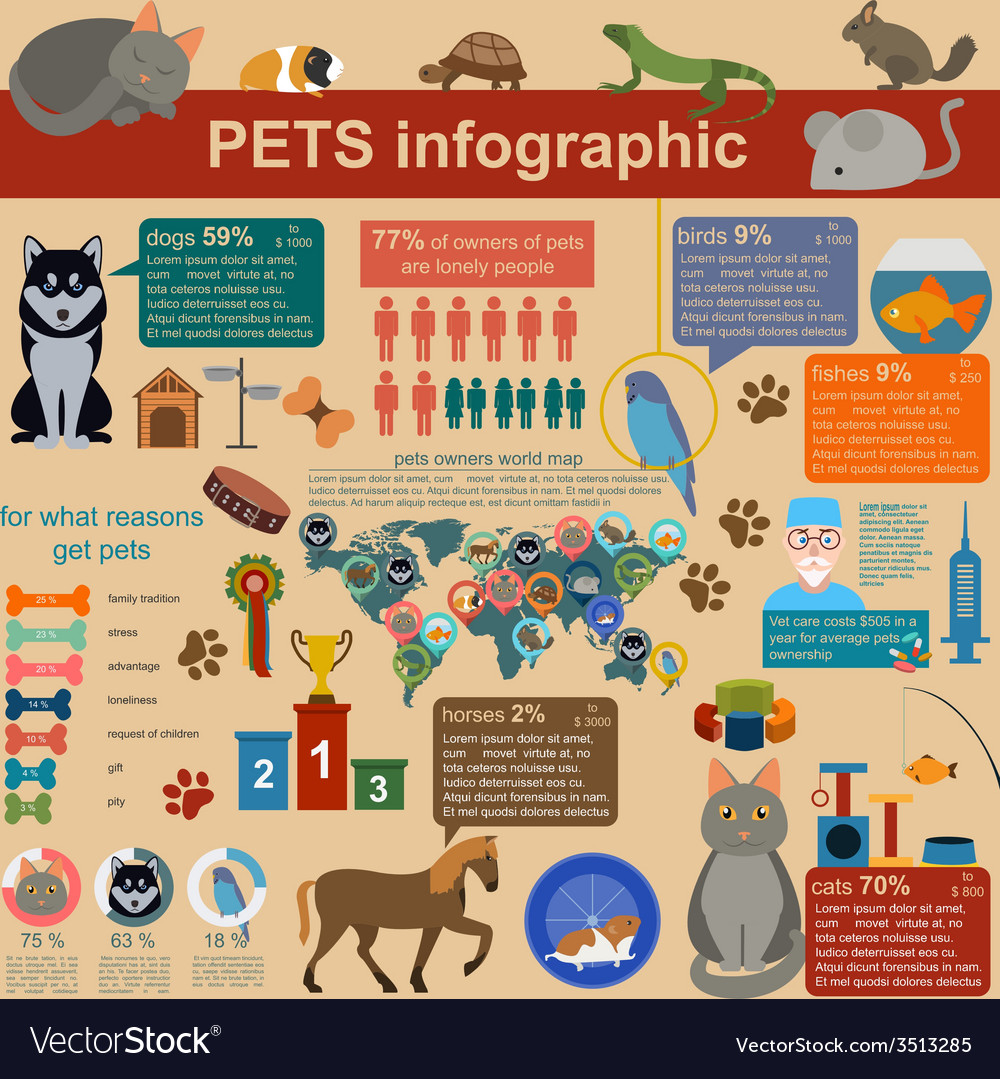How Dog Daycare Affects Behavior
How Dog Daycare Affects Behavior
Blog Article
What is the Age Need for Pup Day Care?
Puppies can gain from a day care experience in many means. It helps protect against harmful behaviors like chewing footwear, barking excessively, or excavating holes, and it gives structure that advertises positive training and a healthy and balanced routine.
Pets also get back tired after a long day of play, which decreases separation anxiousness. However, there are some age demands that have to be fulfilled before pups can participate in a daycare facility.
Young puppies need to be at the very least 12 weeks old
Pups have plenty of energy and childcare gives them with a way to release it with managed play. This wears them out and helps them sleep far better during the night. It also promotes good behavior and physical wellness. Nonetheless, it is important to be familiar with the dangers and duties entailed with puppy daycare. Before you register your canine in a day care, see the center and observe the sanitation, staff-to-dog ratio, outdoor fencing, play areas, and staff-dog interactions.
Young puppies can begin going to day care when they get to the age of 12 to 16 weeks old and have their preliminary round of grown-up inoculations. This aids prevent the spread of diseases and maintains various other pets and people risk-free. Early socialization during this vital window lays the foundation for well-adjusted adult dogs. In addition to giving pups with beneficial workout, childcare permits them to obtain accustomed to various audios, scents, and settings. This helps them stay clear of scared habits in the future.
Young puppies must be vaccinated
A canine that is updated on their shots is less likely to contract transmittable conditions. Pups need to have core vaccinations, such as distemper, parvovirus, and rabies, and non-core injections, such as Bordetella (kennel cough) and Lyme disease (single inoculation or a collection of 2).
Vaccination timetables differ by young puppy's age and risk aspects. However, the first young puppy shot collection needs to be completed by 8 weeks. Later, booster vaccinations will certainly be called for yearly.
The best means to make certain that a young puppy is up-to-date on its inoculations is to have them get their initial collection of shots prior to enlisting them in day care. If you're purchasing a puppy from a dog breeder, request a copy of their inoculation documents. Vaccination records are also required by many doggy daycares and boarding centers. If you don't have vaccination documents, you can ask for a titer test from your vet. This test reveals whether your young puppy has antibodies against certain ailments and can assist determine if a vaccination is needed.
Puppies need to be interacted socially
Three-to-fourteen-week-old young puppies are the best age to expose them to brand-new experiences. It is necessary to ensure they remain in a safe environment with people who can handle them. They should be enabled to check out the house and fulfill a range of people. If they are socialized, they will be much less stressed regarding people who are strange to them later in life. It's also an excellent concept to introduce them to youngsters, however remember to check their practices and interactions.
Invite close friends with healthy and balanced, vaccinated dogs dog boarding and daycare near me over to play and interact with your puppies. You can likewise join a puppy course, however be sure to locate one that is well-controlled. If you discover any scared or avoidance actions, reduce the degree of noise and task. Reintroduce the thing, person, or things at a lower strength and repeat as necessary. If your puppy comes to be overwhelmed, quit the communication and sidetrack them with a toy. If you have a sensitive pup, you may require to consult a habits professional.
Young puppies must be potty trained
The very best means to train young puppies for pup daycare is to make certain they are potty experienced and acquainted with a regular. Taking them outside on a regular basis will help them learn to manage their bladders and bowels. This is especially vital in young puppies, who have little bladders and require constant trips to the restroom. Various other ideas that a pup needs to go outside consist of smelling the floor or rug, straying around the house, getting overexcited during play, or whimpering.
Whenever you take your pup outside to remove, always accompany them on a leash. This will show them that the removal location is a separate task from outdoors play time and will make it most likely that they will certainly get rid of rapidly. Once they have removed, compensate them with appreciation and a reward.
Keep in mind to avoid punishment and abuse when they have crashes. They will certainly be puzzled by your reactions and might be more probable to repeat the behavior in the future.